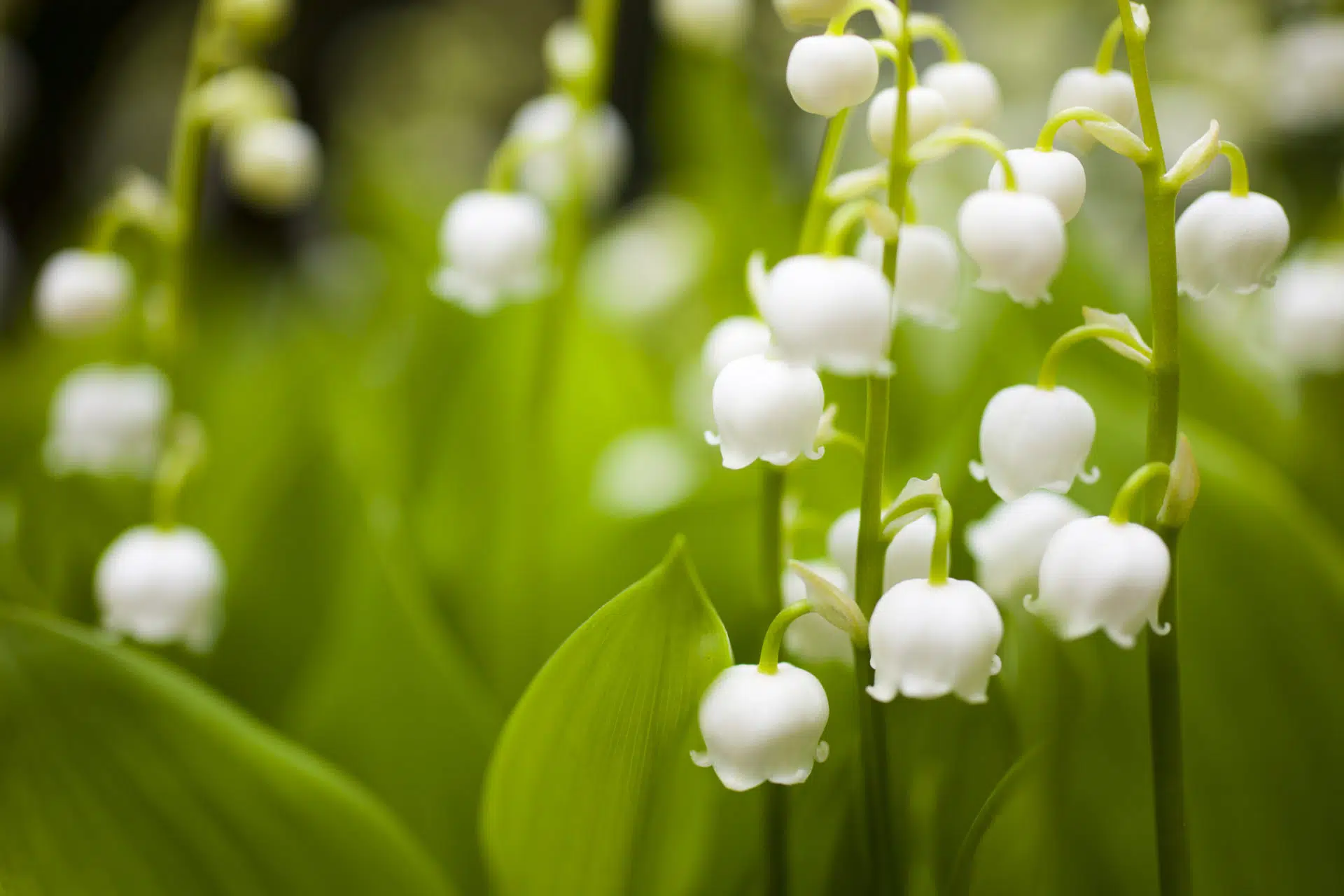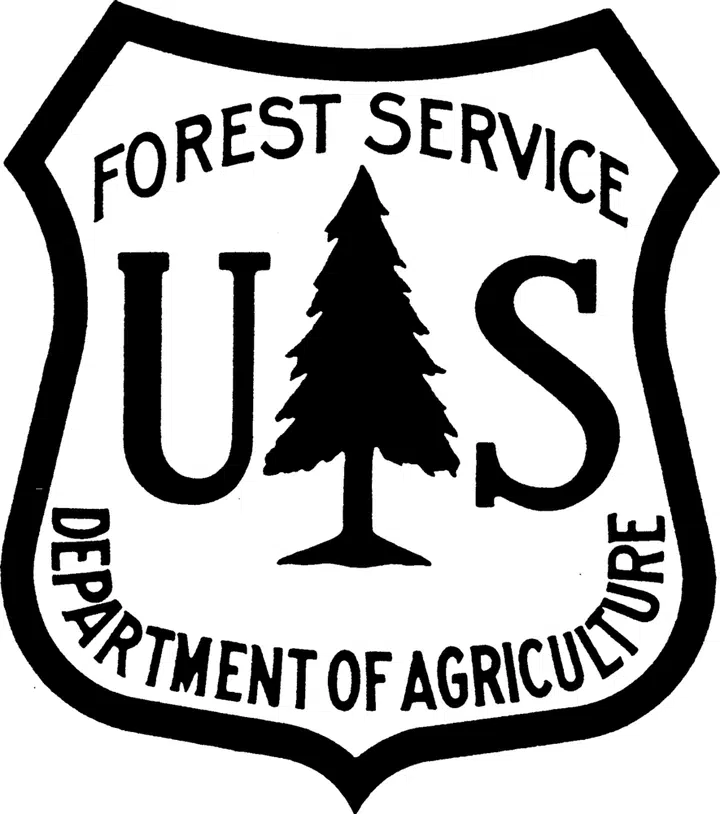Birds
Brown

Looking for something in particular? Click here to search.

Setophaga petechia
Yellow Warbler
Voice: Sweet, high and clear notes, "Sweet, Sweet, Sweet, I'm so sweet." Yellow warblers are one of the easiest warblers to recognize in Ohio. They are properly named yellow warbler... more

Hylocichla mustelina
Wood Thrush
Voice: Song-a series of rich flute-like notes "ee-oh-lay." Call-a rapid "pit-pit-pit." Considered one of the most common woodland birds of the east, wood thrushes are best known for their ethereal... more

Troglodytes troglodytes
Winter Wren
Winter wrens were first described in 1758 by Carolus Linnaeus a Swedish botanist, physician and zoologist. It is the only wren to be found outside the Americas, occurring also in... more

Zonotrichio albicollis
White-throated Sparrow
Voice: Song: Clear whistles of “Oh sweet Canada, Canada, Canada,” Call: Sharp, Volatile, “Chink.” Across most of the eastern and southern U.S, white-throated sparrows are familiar backyard fall and winter birds. They can be found along edges of woodlots, hedgerows, thickets, and in city parks during the winter. The two different... more

Cathartes aura
Turkey Vulture
Voice: Lacks vocal organs; low, husky hiss The contrasting light and dark, long-winged V form of turkey vultures are a familiar sight circling in flight over Northeast Ohio. Their ability... more

Buteo lineatus
Red-tailed Hawk
Voice: Fast, high pitch scream, “Keeyer, Keeyer, Keeyer.” Red-tailed hawks are probably the best known and most widely distributed of all North American birds of prey. These common roadside birds... more

Buteo lineatus
Red-shouldered Hawk
Voice: Fast, high pitch scream, “Keeyer, Keeyer, Keeyer.” Red-shouldered Hawk’s robust body, broad wings, short tail and soaring flight make is a perfect fit for the Buteo family. This crow... more

Colaptes auratus
Northern Flicker
Voice: Song: a piercing, descending klee-yer or keeew is given year-round. Drum: a long, simple roll of 25 beats over a second, often interspersed with long wick wick wick series. Northern flickers can be found throughout most wooded regions of North America... more

Cardinalis cardinalis
Northern Cardinal
Voice: Repetition of short whistled phrases with some notes run together; sounds like birdy, birdy, birdy. Northern cardinals are probably the most easily recognized birds in Northeastern United States. They... more

Seiurus motacilla
Louisiana Waterthrush
Voice: three- four clear, whistled introductory notes that are a slurred upward, followed by a variable complex jumble of short, rapidly twitters. Call is brisk chick or chink. Louisiana waterthrushes... more


Bubo virginianus
Great Horned Owl
Voice: hoo- hoohoohoo----hoo-hoo. Females produce higher pitched hoots. Great Horned Owls are the largest and most powerful of the common owls in Northeastern Ohio. They are found year round in... more

Myiarchus crinitus
Great Crested Flycatcher
Great crested flycatchers breed in the canopy of eastern deciduous forests. They can breed along edges of forest, and don’t require big stretches of unbroken forest canopy to thrive. In... more

Spizella pusilla
Field Sparrow
Voice: Song: Males: downward whistles descending to a bouncing ball trill Call: Both sexes: Seep or Chirp Male field sparrows are easy to spot on an early spring or summer morning, perched low, singing loudly in open habitats. Their descending bouncing ball trill can be heard in shrubby grasslands, overgrown agricultural fields, fencerows, and forest edges. They tend to sing... more

Junco hyemalis
Dark-eyed Junco
Voice: Song: Musical long dry trill Call: Chip note in series Dark-eyed juncos are thought of as the "snowbirds" of the temperate zone. Over most of the eastern United States... more

Chaetura pelagica
Chimney Swift
Voice: In flight the swift calls with a twittering of rapid repeating chirps. Roger Tory Peterson coined the term “a cigar with wings” to describe the unique shape of the... more

Certhia americana
Brown Creeper
Voice: very high pitched see-see-titi-see or see see This small, well-camouflaged bird of woodlands has a unique foraging technique. Adapted for "creeping" on tree trunks and large branches the Brown... more


Strix varia
Barred Owl
Voice: 8–9 notes, described as “Who cooks for you? Who cooks for you-all?” Traditionally known as the “swamp owl,” the barred owl is an inhabitant unbroken oldgrowth wet forests. Barred... more

Scolopax minor
American Woodcock
Voice: A nasal “peeent” call by both sexes The American Woodcock, otherwise known as a Timberdoodle, is a shorebird. However it is not like a typical shorebird spending its time... more

Turdus migratorius
American Robin
Voice: Rapid three syllable word that sounds like cheerily, cheer up, cheerio with pauses between; call is a loud rapid peek with a soft alternating tut . Many people in Ohio consider American Robins the harbinger of spring... more


Bombycilla cedrorum
Cedar Waxwing
Cedar waxwings are found throughout much of North America in open habitats with abundant berry trees. They can inhabit open spaces in deciduous, coniferous and mixed woodlands. They are nomadic social birds, traveling in flocks during the fall and winter. They... more




